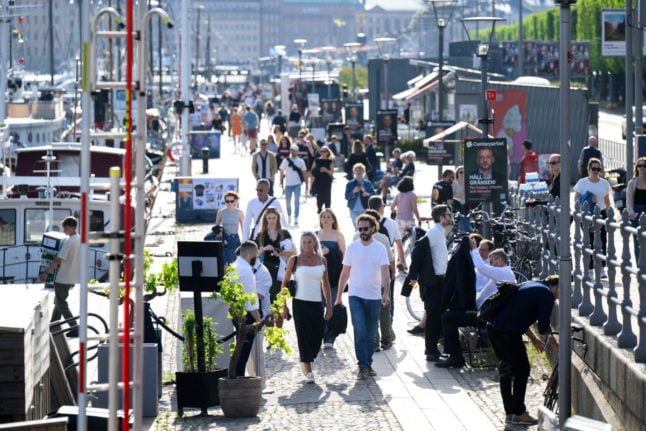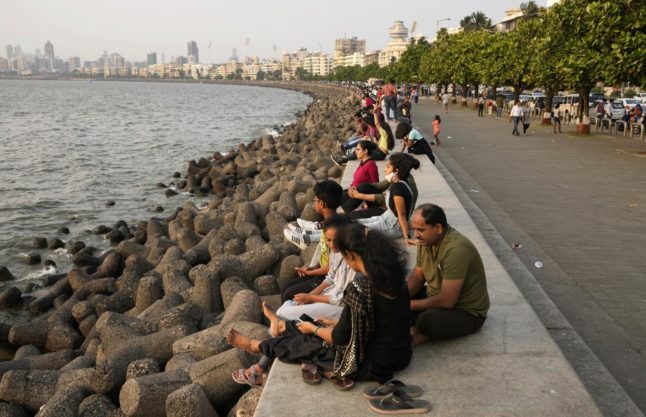A good thing for the Swedish economy. When tourists with high purchasing power spend their money in Sweden, they create jobs and growth for the tourism industry, which has a positive effect on the country’s GDP, the main metric to measure a healthy economy.
A bad thing for Swedes holidaying at home, as the influx of foreign tourists may push up prices at hotels and restaurants.
“And that would then show in inflation figures and could make it tougher for Swedish households to holiday at home,” Torbjörn Isaksson, chief analyst at banking giant Nordea, told Swedish news agency TT. “But I don’t want to exaggerate that effect,” he said.
German and French people have, thanks to the euro, increased their purchasing power in Sweden by 30 percent since 2014, according to TT.
EDITOR’S PICK:
Brits also have more money to spend in Sweden than they used to, with the pound rising 23 percent on the krona in ten years.
And for Americans, the dollar has increased 62 percent in value compared to the krona. One dollar now costs 10.70 kronor, compared to just above 6.80 kronor ten years ago.
That’s of course if you get paid in euros, pounds or dollars. If you’re a German, French, Brit or American who gets paid in kronor in Sweden, you will find that not only did your holiday in Sweden get more expensive, but you also have less money to spend when you go back home to visit friends and relatives.



 Please whitelist us to continue reading.
Please whitelist us to continue reading.
Member comments